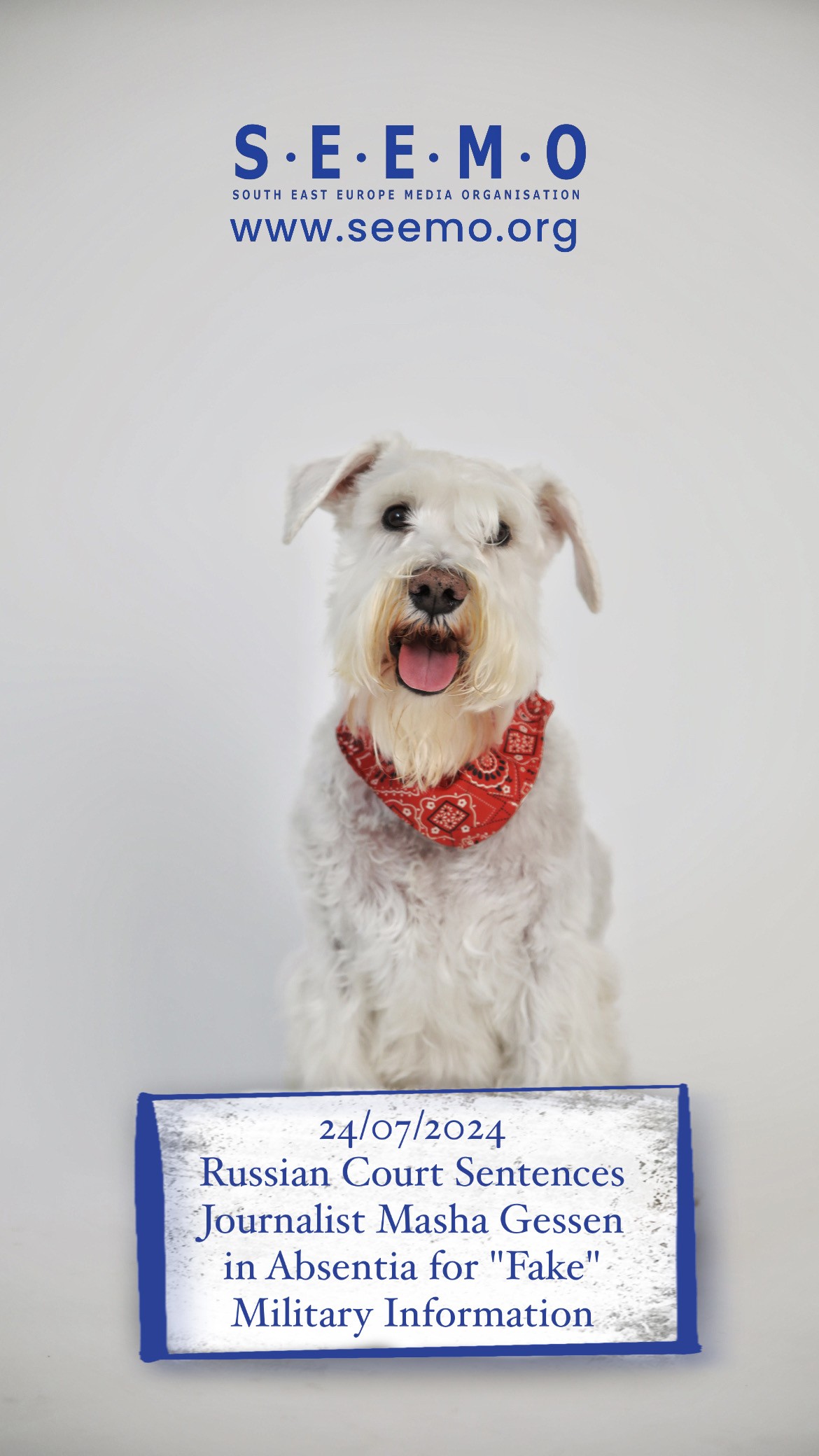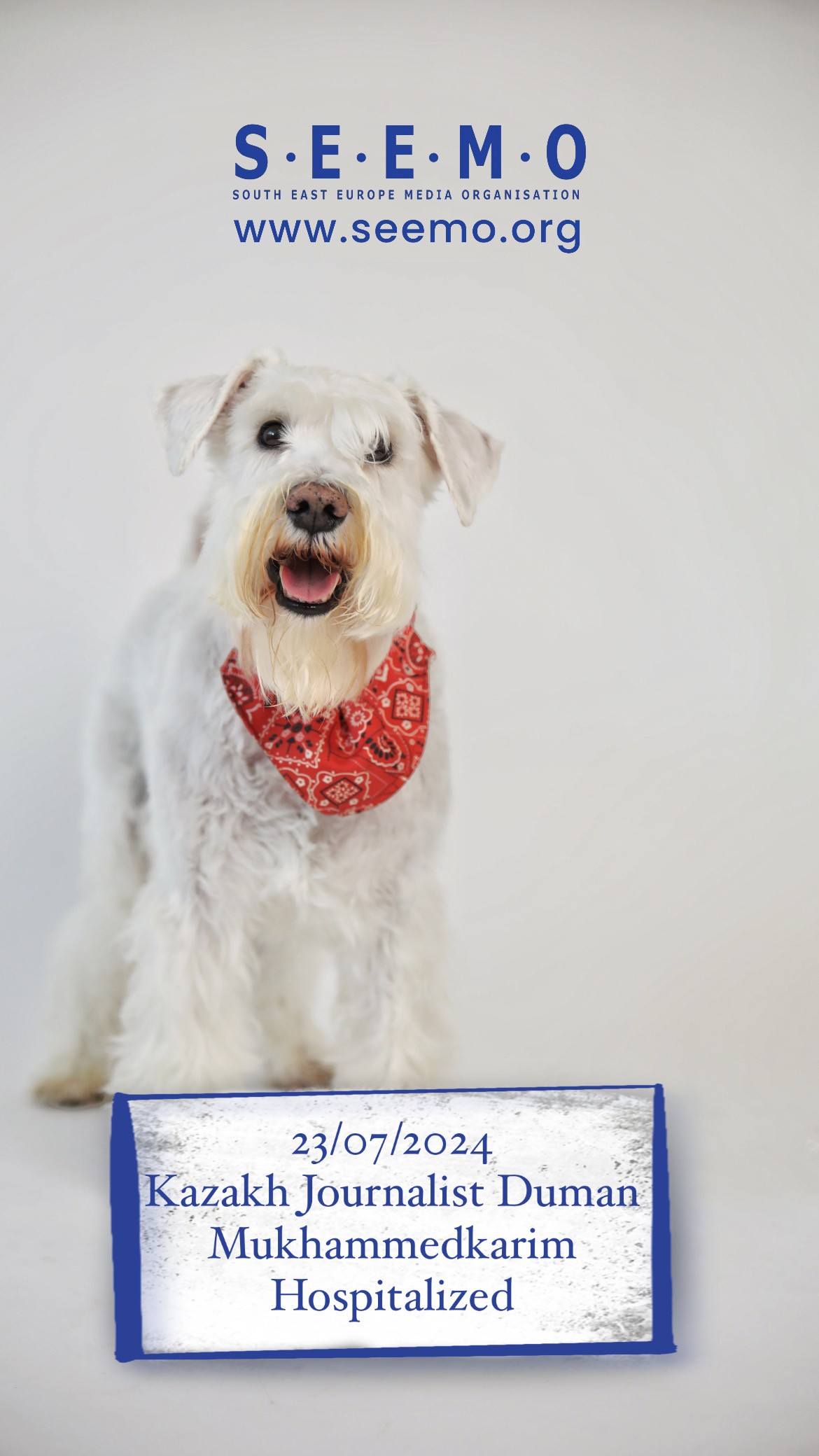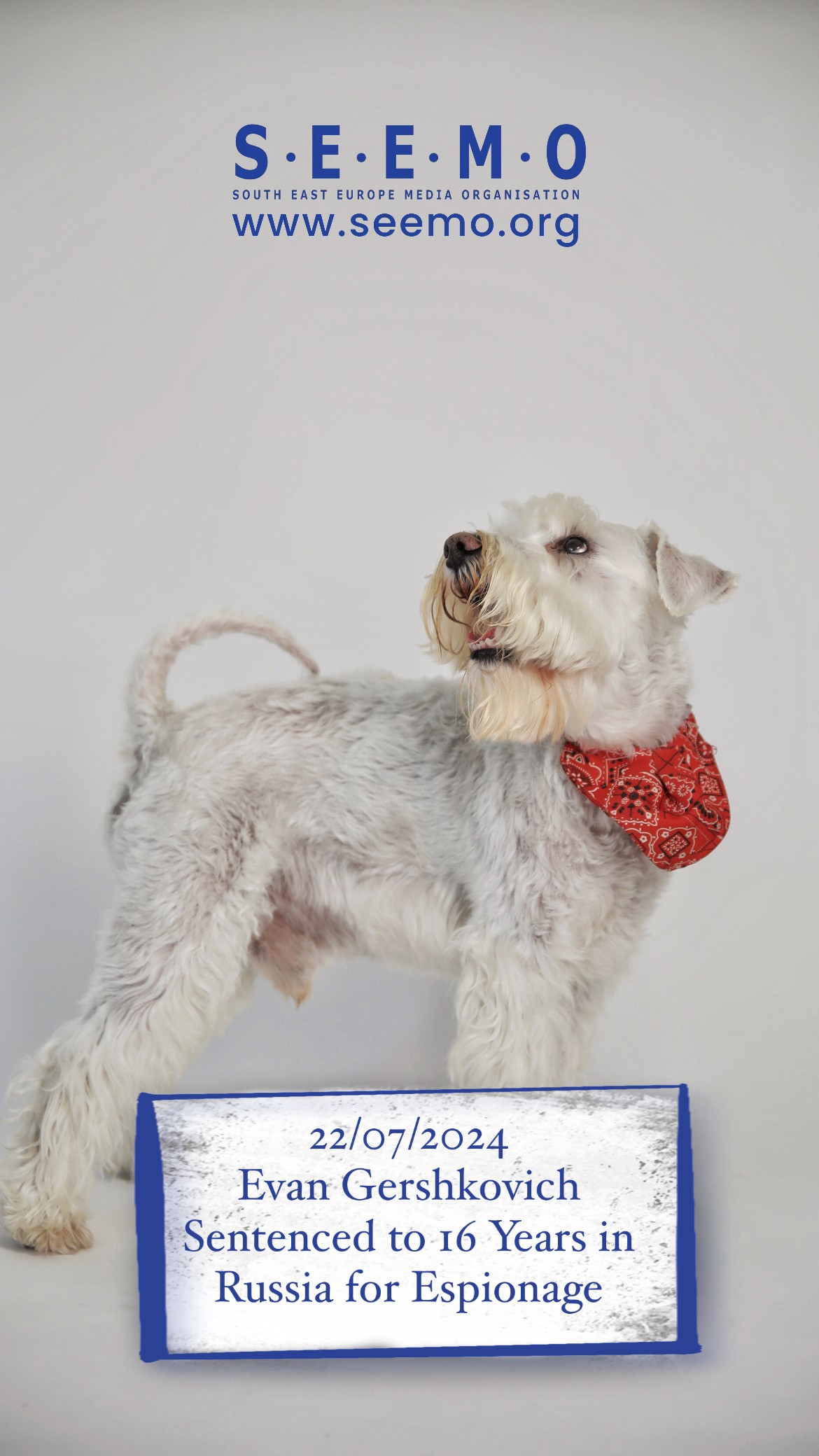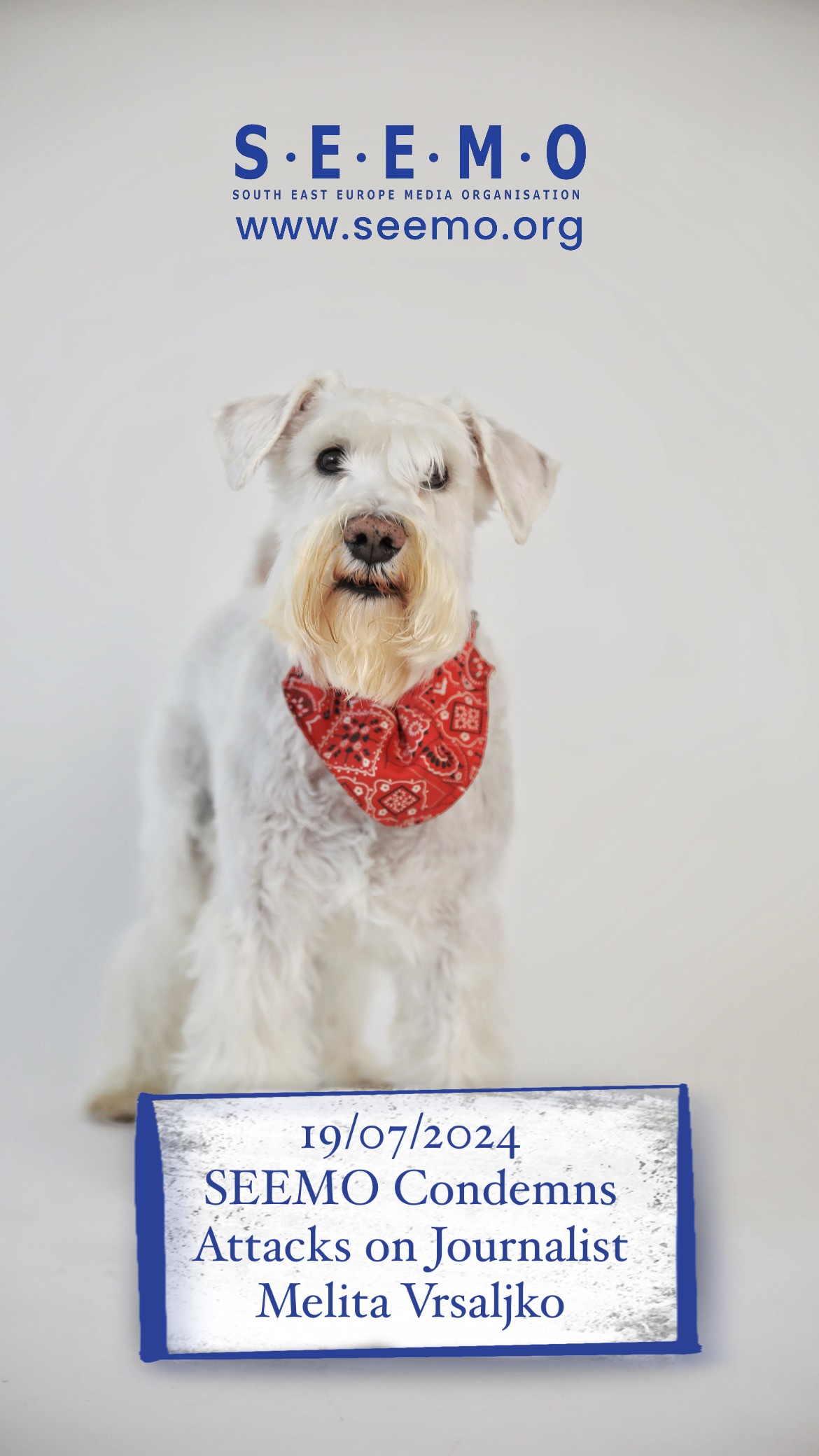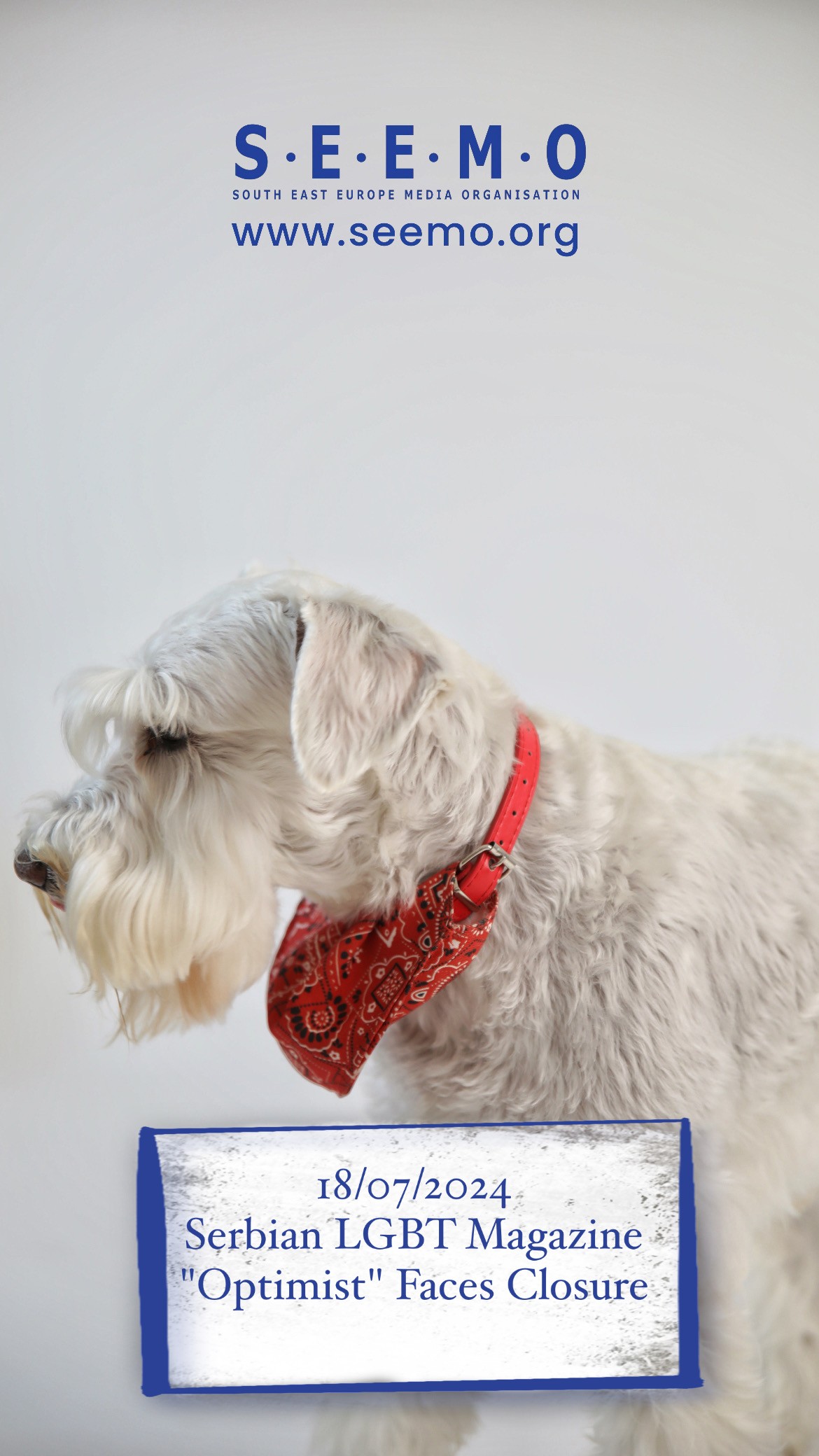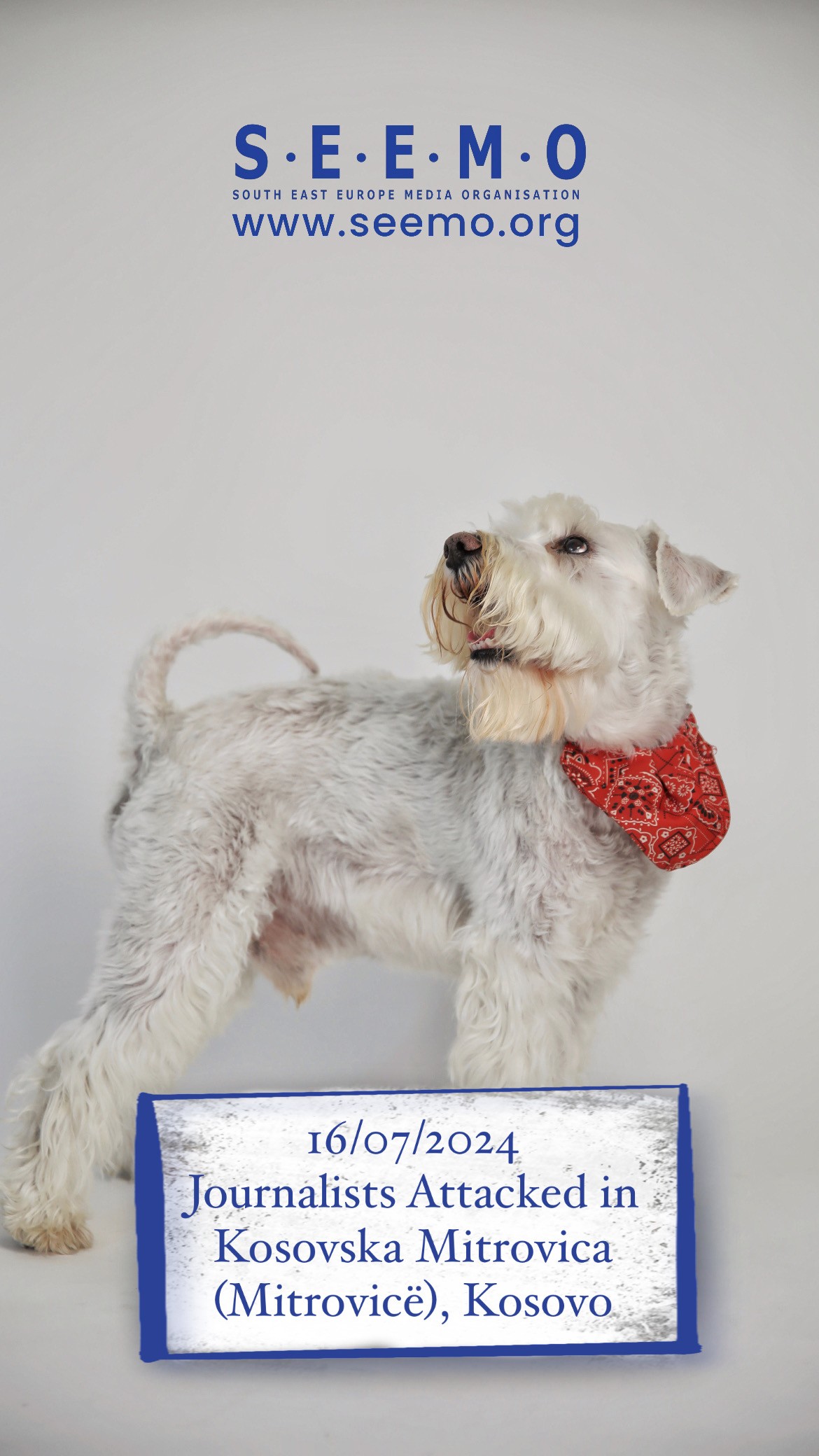On 15 July 2024, the Basmanny District Court in Moscow (Москва), Russia, convicted in absentia Masha Gessen (Мария Александровна Гессен), born on 13 January 1967, a Russian-American journalist. Masha Gessen is in exile. The court sentenced Gessen to eight years in prison for allegedly disseminating “fake” information about the Russian military nd war in Ukraine. Additionally, Gessen is banned from managing websites for four years.
Gessen announced that she identifies as trans and nonbinary. Gessen prefers to be referred to in English using the pronoun they and them . Gessen was active in the past in a Russian LGBT rights organization. Gessen has dual Russian and US citizenship
This case against Gessen, initiated in late August 2023, stems from a September 2022 interview with Russian journalist Yury Dud (Ю́рий Дудь). Russian authorities accused Gessen of spreading false information regarding the Russian military’s actions in the Bucha massacre (Бучанська різанина). In December 2023, Russian authorities issued an arrest warrant for Gessen, who resides in the United States, and ordered their arrest in absentia. Gessen expressed concerns that the warrant could restrict the international travel.
Masha Gessen is a prominent journalist and author known for their critical stance on Russian politics. Gessen wrote extensively about President of Russia Vladimir Putin (Владимир Путин) and have been a significant voice in highlighting human rights abuses. Gessen’s conviction is seen as part of a broader crackdown on dissent and independent journalism in Russia. Russian authorities have consistently denied the presence of political prisoners and have labeled many dissenting voices as threats to national security.
The Basmanny Court’s ruling is a stark reminder of the risks faced by journalists who challenge the official narratives of authoritarian regimes. Gessen’s case exemplifies the lengths to which such governments will go to suppress freedom of speech and silence critical perspectives.
The South East Europe Media Organisation (SEEMO) condemns the recent conviction and sentencing of exiled journalist Masha Gessen by the Basmanny District Court in Moscow. This verdict, exemplifies the extreme measures taken by Russian authorities to stifle independent journalism and suppress dissenting voices. Gessen’s prosecution for allegedly disseminating “fake” information about the Russian military is a blatant attempt to intimidate and silence those who dare to question official narratives. SEEMO calls for the immediate reversal of this unjust sentence and urges Russian authorities to cease their transnational repression of journalists.
The South East Europe Media Organisation (SEEMO) is a regional non-governmental, non profit network of editors, media executives and leading journalists in Southeast, South, East and Central Europe. SEEMO members are in Albania, Armenia, Azerbaijan, Belarus, Bosnia-Herzegovina, Bulgaria, Croatia, Cyprus, Czech Republic, Estonia, Georgia, Greece, Hungary, Kazakhstan, Kosovo, Kyrgyzstan, Latvia, Lithuania, Malta, Moldova (with the territory of Transdnestria), Montenegro, North Macedonia, Poland, Romania, Russia, Serbia, Slovakia, Slovenia, Tajikistan, Turkmenistan, Türkiye / Turkey, Ukraine and Uzbekistan. Austria, Italy, Vatican and San Marino have a special status in SEEMO. SEEMO has over 3000 individual members, and additional media as corporate members.
#fyp #mediafreedom #seemo #freespeech #southeasteuropemediaorganisation #ngo #journalist #russia #mashagessen #SEEMO #journalistarrested #pressfreedom #mediafreedom #freemedia

